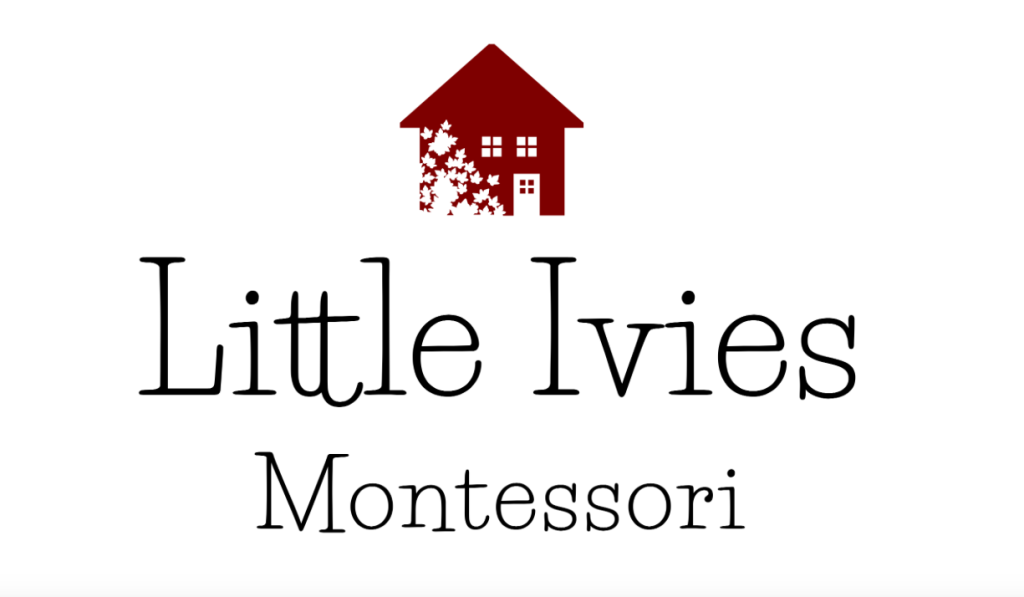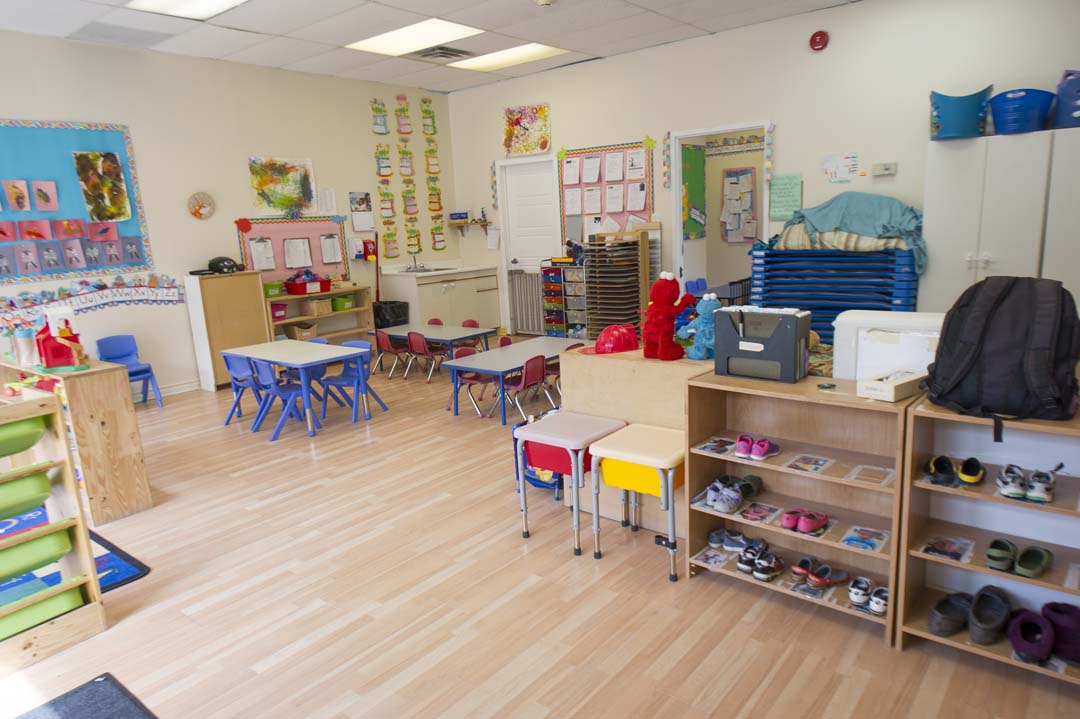There are several ways to early childhood education from which parents and educators may choose. The Montessori educational method is one strategy that has received much attention lately. This method is founded on the ideas of Maria Montessori, who believed that allowing children to explore and learn on their own was the most excellent way to promote learning. This blog article will look at the foundations of a successful Montessori education.
Basics of Montessori Education
Montessori education in Plano Montessori academy aims to help children develop their physical, emotional, intellectual, and social abilities comprehensively. It is founded on Maria Montessori’s educational theory, according to which kids are self-directed learners and natural teachers.
The idea of “normalized” children is one of the cornerstones of Montessori education in preschool in Plano TX. According to Montessori, children grow more focused, self-disciplined, and motivated when allowed to explore and study in a loving atmosphere. In other words, youngsters become normative learners eager to research and explore when provided the tools and resources they need to learn.
The emphasis on the complete child in Montessori education is another crucial component. In the opinion of Montessori educators, children’s social and emotional development is equally as important as their intellectual growth.
Classroom Montessori
The Montessori classroom is a thoughtfully created learning space that supports children’s inborn curiosity in learning and exploration. The physical environment may significantly influence children’s learning and development, and a crucial component of Montessori education is the classroom.
The importance of the teacher in a Montessori classroom is another important aspect. The instructor is often referred to as a guide or facilitator in a Montessori classroom. As the kids work with the Montessori materials, the teacher’s job is to watch them and provide assistance when necessary.
The Materials for Montessori
The use of specific materials created to support children’s exploration and learning is one of the Montessori teaching method’s distinguishing characteristics. These learning tools are purposefully designed to self-correct so kids can experiment and learn.
- Various categories, including practical life, sensorial, language, mathematics, and cultural studies, are used to categorize the materials used in the Montessori method. Each area has various resources intended to aid kids in developing specific abilities and knowledge.
- For instance, the resources for practical life are made to assist kids in learning how to pour, cut, and button. These supplies include things like dressing frames, cutlery, and pitchers. Children improve their fine motor and self-care abilities by practicing these practical skills.
- The sensory materials aid in children’s sensory development and their understanding of their environment. These resources include color tablets, geometric solids, and sound cylinders. Working with these tools helps kids improve their ability to discriminate between various noises, colors, and forms, enhancing their understanding of their surroundings.
- The language resources in Montessori preschool programs will improve children’s reading and writing abilities. These resources include image cards, movable alphabets, and sandpaper letters. Children improve their ability to identify letters and sounds, create words and phrases, and read and write using these resources.
- Mathematics teaching aids aid children’s arithmetic knowledge and skill development. These supplies include bead frames, spindle boxes, and number rods. Children improve their abilities to comprehend numbers, count, add, subtract, and carry out other mathematical operations by studying with these resources.
The Montessori Teacher’s Role
The teacher’s job in a Montessori classroom is to mentor and facilitate. As the kids work with the Montessori materials, the instructor watches them and offers assistance. A caring and loving atmosphere where kids may explore and learn is another thing the teacher contributes to.
What Montessori Education Offers
The advantages of a Montessori education are many. The fact that it promotes autonomous and self-directed learning in kids is one of the key advantages. Children collaborate and learn from one another as they work together, creating a feeling of community. Additionally, it has been shown that Montessori education fosters academic success, social and emotional growth, and creativity.
Conclusion
The Montessori method of early childhood education is distinct and cutting-edge. The Montessori educational approach emphasizes active learning and self-directed play, which helps kids acquire the information and skills they need to thrive. Considering Montessori education as a possibility for your kid may be a fantastic approach to supporting their learning and development, whether you are a parent or an educator.

